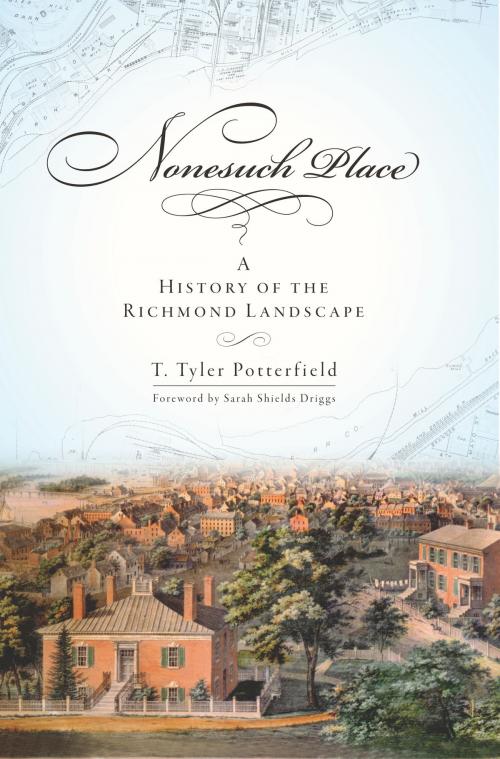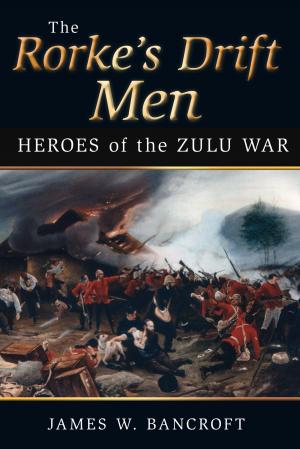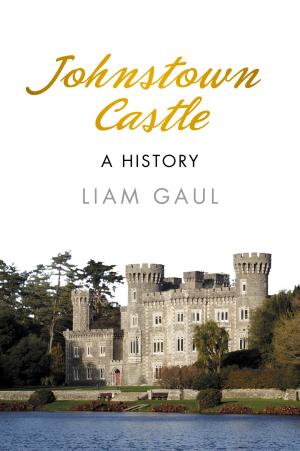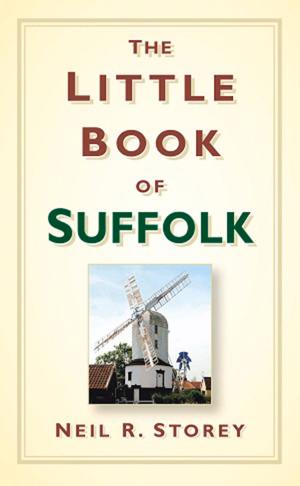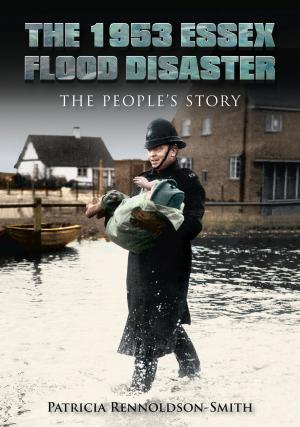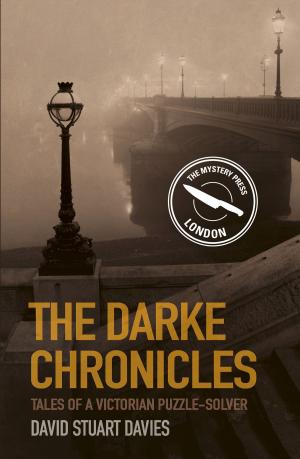| Author: | T. Tyler Potterfield | ISBN: | 9781614232834 |
| Publisher: | The History Press | Publication: | January 29, 2012 |
| Imprint: | The History Press | Language: | English |
| Author: | T. Tyler Potterfield |
| ISBN: | 9781614232834 |
| Publisher: | The History Press |
| Publication: | January 29, 2012 |
| Imprint: | The History Press |
| Language: | English |
Intentionally built on the fall line where the Piedmont uplands meet the Tidewater region, Richmond has always been a city defined by the land. From the time settlers built a city on rugged terrain overlooking the James River, the people have changed the land and been changed by it. Few know this better than T. Tyler Potterfield, a planner with the City of Richmond Department of Community Development. Whether considering the many roles of the “romantic, wild and beautiful” James River through the centuries, describing the rationale for the location of the Virginia State Capitol on Shockoe Hill or relating the struggle to reclaim green space as industrialization and urban growth threatened to remove nature from the city, Potterfield weaves a tale as ordered as the gridded streets of Richmond and just as rich in history.
Intentionally built on the fall line where the Piedmont uplands meet the Tidewater region, Richmond has always been a city defined by the land. From the time settlers built a city on rugged terrain overlooking the James River, the people have changed the land and been changed by it. Few know this better than T. Tyler Potterfield, a planner with the City of Richmond Department of Community Development. Whether considering the many roles of the “romantic, wild and beautiful” James River through the centuries, describing the rationale for the location of the Virginia State Capitol on Shockoe Hill or relating the struggle to reclaim green space as industrialization and urban growth threatened to remove nature from the city, Potterfield weaves a tale as ordered as the gridded streets of Richmond and just as rich in history.
